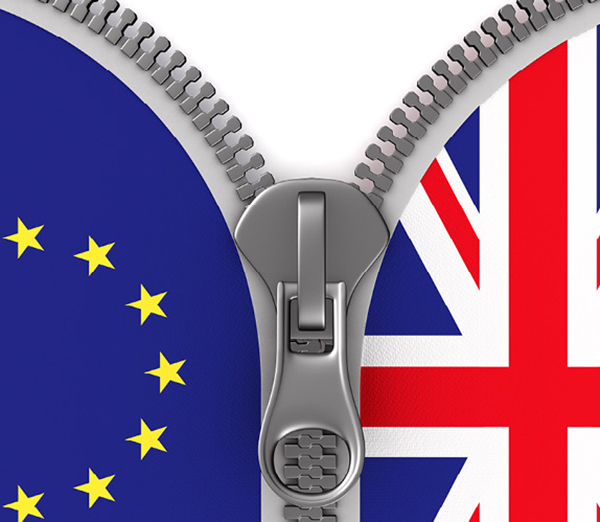Brexit: Supply Chain Opportunity or Threat?

The UK leaving the European Union is no longer an uncertainty. Brexit is a reality that businesses around the world have to face and prepare for. Whether you import/export to the UK directly or indirectly, Brexit will impact your business operations in terms of cost and timelines. This can be an opportunity or a threat depending on how your business is prepared to handle it.
While the specific mechanics of Brexit separation remain unclear, what is clear is that it will impact EU and UK logistics workers; regulatory issues will create new production, packaging, and distribution standards/norms; potential trade tariffs will impact the bottom line due to tax structures and duties; and challenges to the free movement of goods, along with demand and supply issues, will arise.
In addition, potential areas that will be affected by Brexit include:
- Tariffs—shippers may pay more on raw materials or finished/intermediate goods, based on EU and UK negotiations.
- Forex currency—any depreciation of the pound due to Brexit will create more opportunity for exports from the UK. But, import costs will go up.
- Supply chain delays—the imposition of new customs requirements and additional documentation will likely cause clearance delays and additional labeling.
- Taxation—the UK could reduce corporate taxation to maintain and grow its share in trading activity, leading to enhanced logistics needs.
Even though answers to many of these questions are still unknown, it is important that businesses do not wait for concrete answers or policies, but begin to work through potential scenarios and plan their responses now. Strategies include:
- Analyze the business supply chain and set future goals.
- Standardize data on all aspects of logistics.
- Assess and model scenarios to identify the likely impacts of Brexit and how to manage them.
- Run a cost-benefit and risk assessment.
- Run pilot projects and review the results.
Further big ideas to balance the Brexit impact include:
Faster digitization. It’s time to digitize and standardize internal, external, and intra-company processes to bring in transparency, documentation handling, and price discovery.
Market platforms. Multimodal capabilities for handling e-commerce platforms are the norm of the future. They provide an opportunity to both optimize on cost and find models to benefit from the opportunities Brexit creates.
Businesses can find creative ways to reap the benefits of Brexit and reduce their liabilities and risks with a well-designed logistics strategy.
— Ruchi Dogra, CoFounder and Director, FreightCrate Technologies

